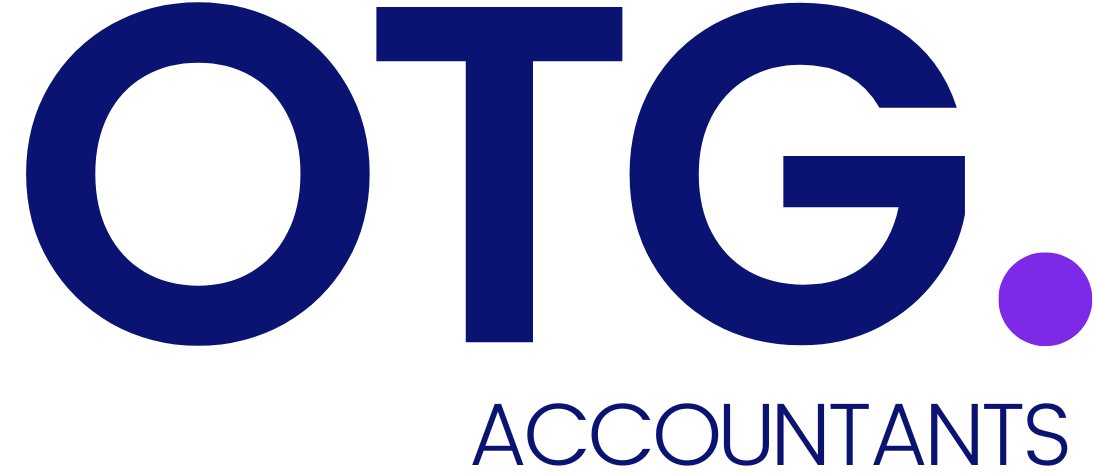Blog Post
Covid 19 Update
May 29, 2020
Covid-19: An update on the Job Retention Scheme and SEISS
On Friday, 29th May 20, Rishi Sunak provided us with some further updates on the schemes introduced to support UK Businesses through the Coronavirus.
Coronavirus Job Retention Scheme
It has been confirmed that there will be a gradual withdrawal of the Job Retention Scheme over the next 5 months.
The Job Retention Scheme was introduced by HMRC to support businesses that are unable to maintain their current workforce due to the Coronavirus. For both June and July 20 the scheme remains unchanged and employers can continue to apply for a grant that covers 80% of their usual monthly wages (up to £2,500 a month), plus the associated Employer National Insurance and Pension contributions.
From August 20 HMRC will continue to pay out the 80% of salaries up to a maximum of £2,500, however the Employers will be liable for the Employers NI and pension contributions.
In September 20 the government will cut its grants to 70% of wages up to a cap of £2,190 and Employers will pay NI, pension contributions and 10% of wages to make up to the 80% total.
Finally in October 20, the government will cut its grants to 60% of wages up to a cap of £1,875 and Employers will pay NI, pension contributions and 20% of wages to make up to the 80% total.
Bringing employees back part time
From 1st July 20, a month earlier than previously announced, businesses can bring back furloughed employees on a part time basis.
Employers will determine the part time hours worked and will be responsible for 100% of the wages whilst the furloughed employees are at work.
A claim can still be made under the job retention scheme for the employees normal hours not worked.
Closure of the Scheme
The Job Retention Scheme will close to new entrants from 30th June 2020. From this point onwards, employers will only be able to furlough employees that they have furloughed for a full 3 week period prior to 30 June.
This means that the final date by which an employer can furlough an employee for the first time will be 10 June, in order for the current 3 week furlough period to be completed by 30 June.
Self-Employment Income Support Scheme
The chancellor also announced an extension to the Self-Employed Income Support Scheme.
Eligible self-employed people will be able to claim for a second and final SEISS grant in August. This will be a taxable grant worth 70% of their average monthly trading profits for three months.
Claims for the first SEISS grant, which opened in the middle of May 20, must be made no later than 13th July 20.
If you have any questions about any of the above, please do get in touch with your Accountant at OnTheGo who will be happy to help.

November 25, 2024
In the realm of employee share schemes, understanding the tax implications is crucial for both employers and employees. One significant aspect to consider is the Section 431 election, a provision under the UK's Income Tax (Earnings and Pensions) Act 2003. This election plays a pivotal role in determining how employment-related securities, particularly restricted shares, are taxed.

November 25, 2024
In today's rapidly evolving business environment, intangible assets have become central to a company's value and growth potential. Traditional accounting standards, however, have struggled to keep pace with the diverse and complex nature of these assets. Recognising this gap, the International Accounting Standards Board (IASB) and the UK Endorsement Board (UKEB) are embarking on a comprehensive review of IAS 38: Intangible Assets, a standard that has remained largely unchanged for over 26 years.



